“Zero waste to landfill” is a hot topic at the moment. Expanding on the “zero waste” concept, it is a concrete policy that businesses and organisations can adopt, with the overall aim being for no waste from the company to end up in a landfill site. More and more companies are adopting the zero waste to landfill concept, for a variety of reasons. First and foremost, the less waste that ends up in the landfill, the better for the environment. However, businesses are increasingly recognising the financial benefits too. Rethinking waste leads to a better, more effective use of resources, which in turn leads to cost savings. The recent hike in landfill tax to £80 per tonne is further incentive.
There are different levels that can be achieved for zero waste to landfill. If 80% of your waste avoids reaching landfill, this is described as “landfill waste diversion”. If 98-99% is not sent to landfill then this constitutes “virtually zero waste to landfill”. And if you have achieved your goal and no waste is sent to landfill at all: then you can say that your company implements “zero waste to landfill”.
If you are interested in implementing zero waste to landfill in your company, we have outlined the main things you need to consider below.
Reviewing your waste
Before you can start making any changes, you need to know exactly what’s going on in your business when it comes to waste. You’ll need to look across your whole company at where waste is being produced and what kind of waste is being produced. This will of course depend on what type of company you are running. While a hospitality business might create a lot of food waste, a manufacturing company is more likely to have lots of waste raw materials. Once you’ve done a comprehensive audit, you can draw up individual measures to eliminate all landfill waste.
Waste reduction
Although there are more eco-friendly ways to dispose of your waste so that it doesn’t end up in the landfill, reducing the amount of waste you actually create in the first place is key in implementing your zero to landfill policy. Examples for doing this include replacing disposable items (e.g. cups and cutlery) with reusable ones, going paperless using electronic billing and filing, using long-lasting LED lighting, reusing packaging and storage boxes, having a compost scheme and much more. Most of the time, waste could easily be eliminated but we just haven’t thought to question the way things have always been done.
Recycling
Despite our best efforts, there will always be some items that end up needing to be thrown away. The good news is that nowadays more and more materials are recyclable. This means that a good chunk of your waste can be diverted away from the landfill and processed to create new products. Here at Willshee’s, we recycle a whole range of different materials, from paper to plastic to concrete. We can provide a bulk recycling service to handle your recycling needs and help you on the way to zero waste to landfill. We also lease equipment you may need in house, such as portable compactors and horizontal balers.
Energy recovery
What about that pesky waste that can’t be recycled? At Willshee’s, we have a solution to that too. Did you know that your excess waste can be turned into fuel for you? We produce refuse derived fuel from your waste, for use in local communal heating systems. Likewise, biomass such as wood, food waste and grass clippings are processed for use in generating energy at sustainable energy plants. The final step in achieving zero waste to landfill!
To discuss how we can help your business achieve its zero waste to landfill goals, please contact us on 01283 702 340 or at sales@willshees.co.uk and we will be happy to help and advise.

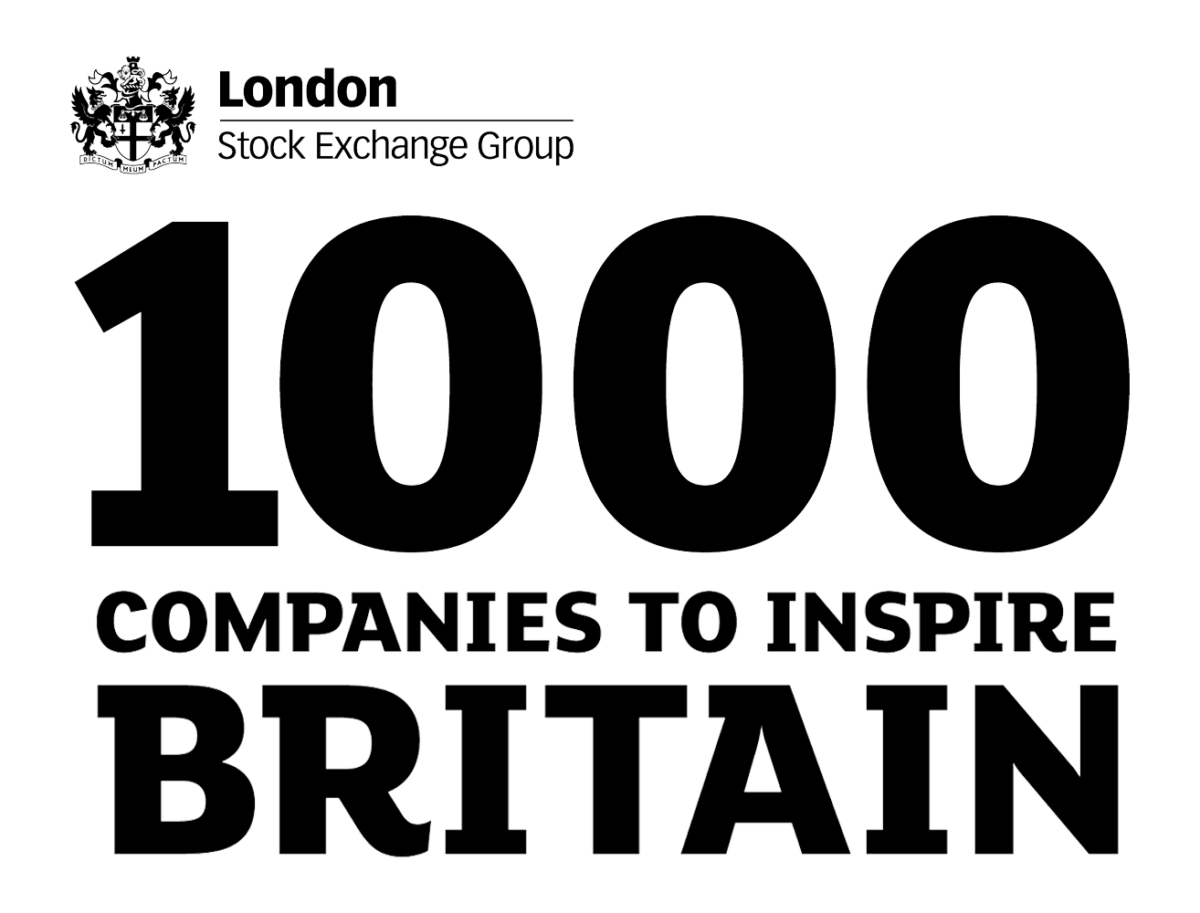
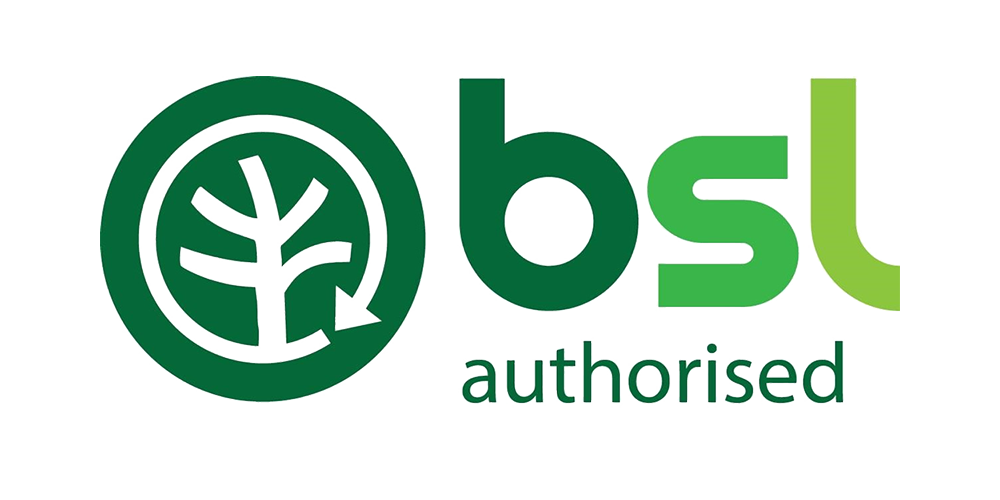


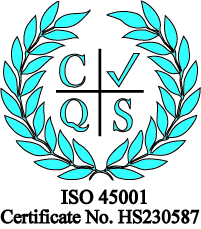
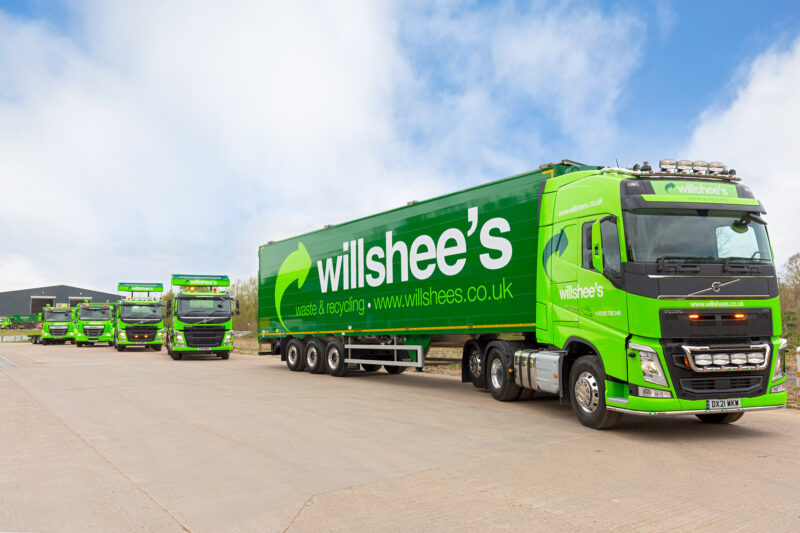
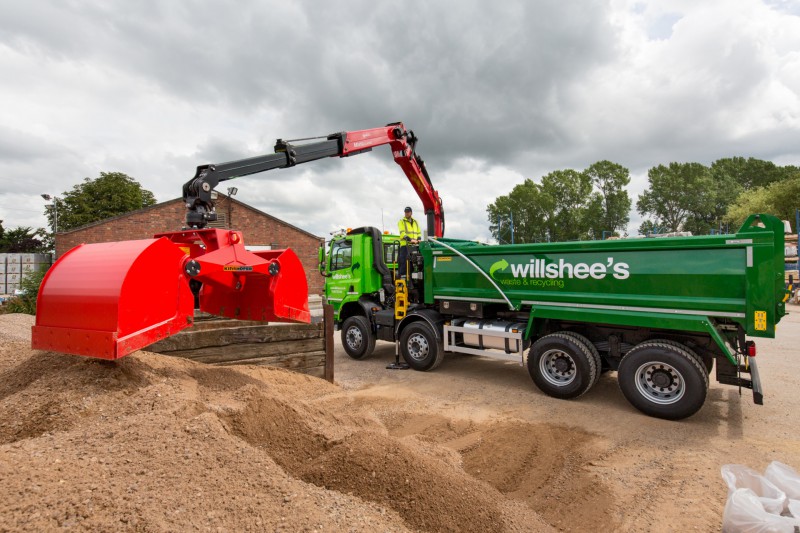

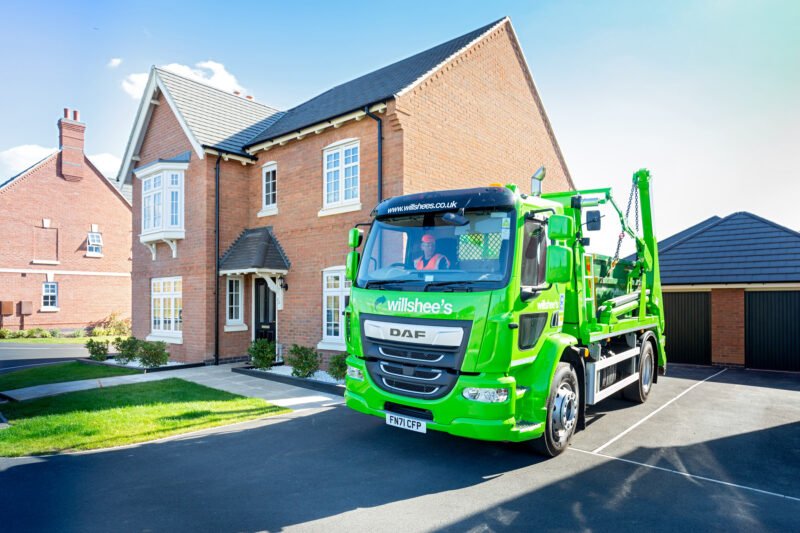
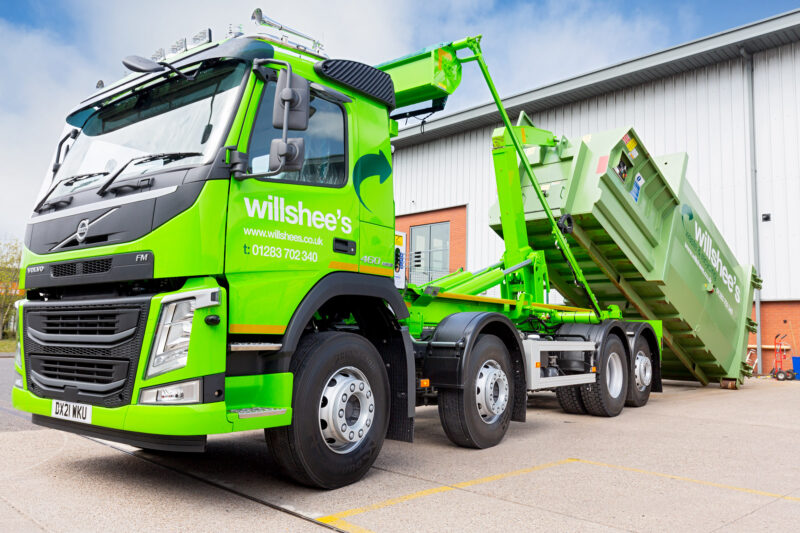
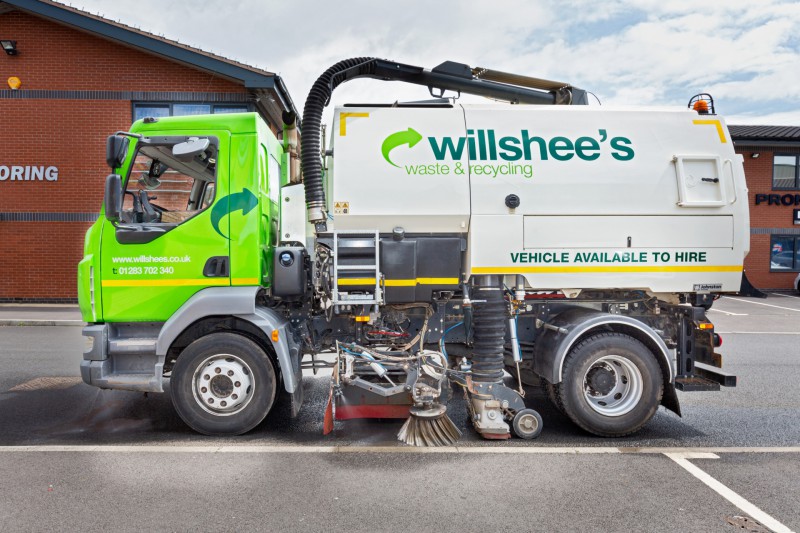
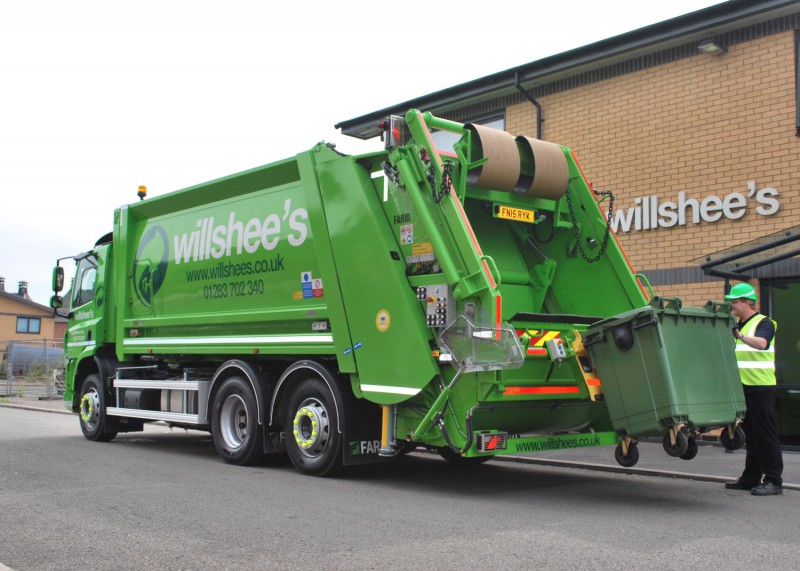
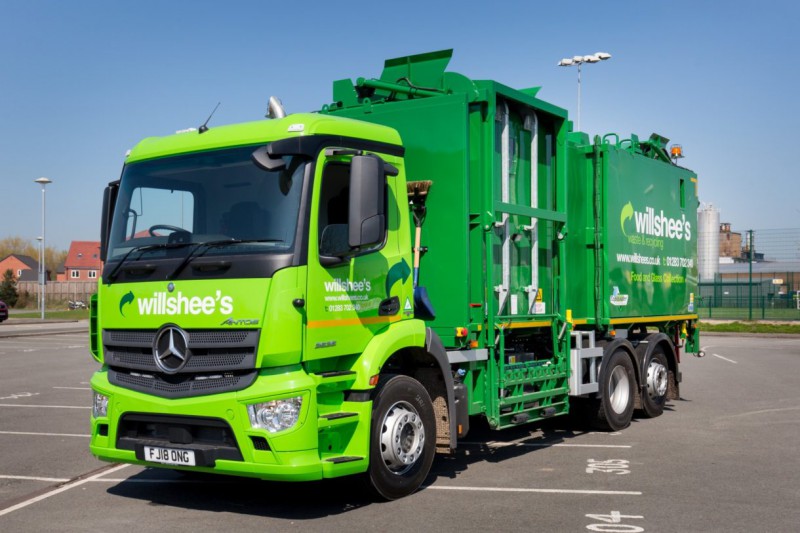
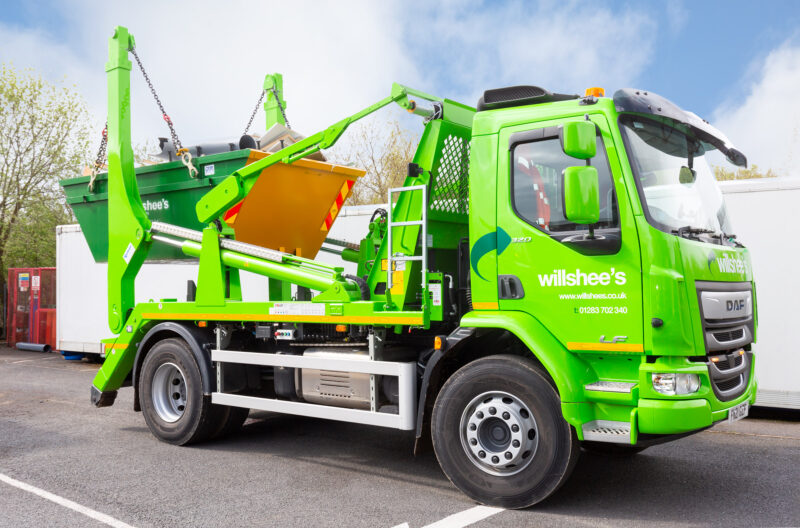
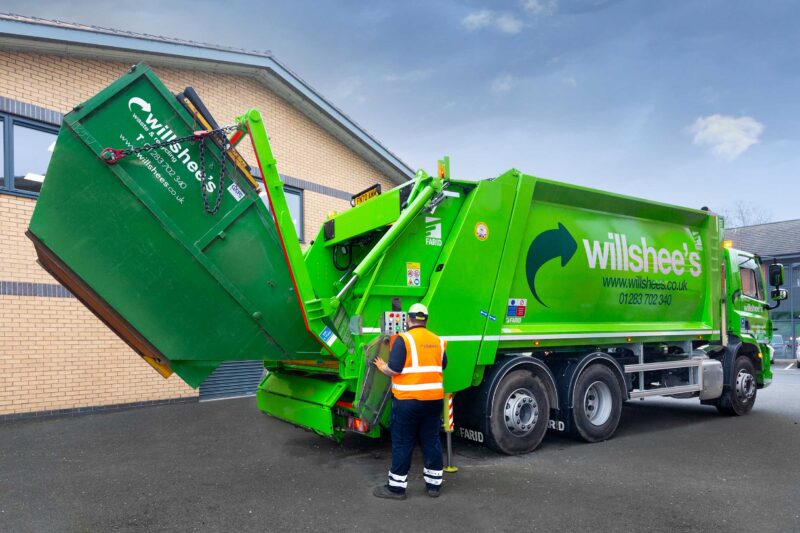
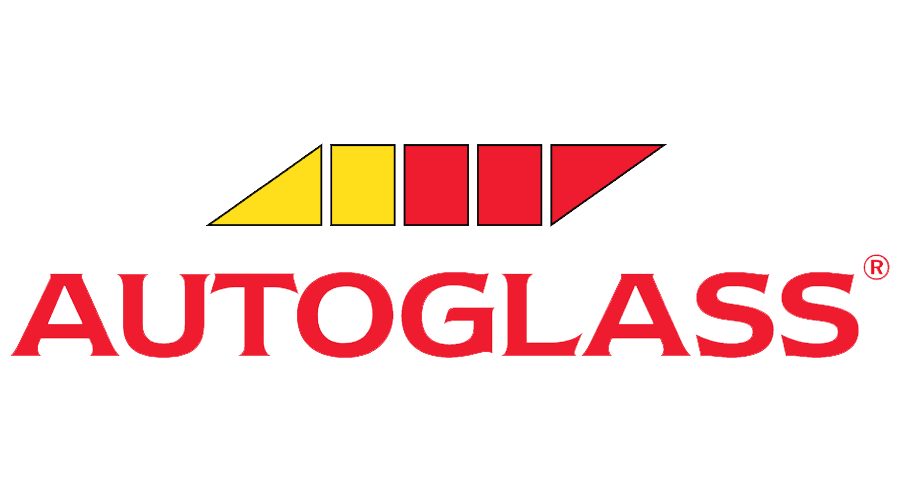
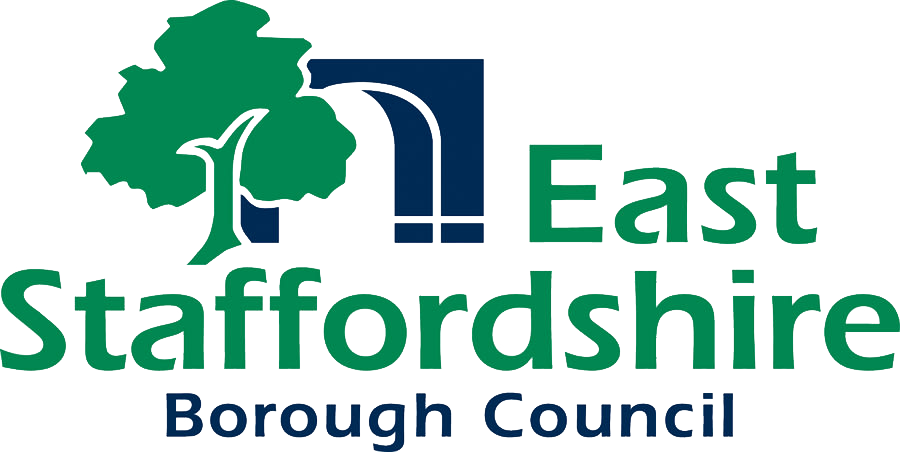

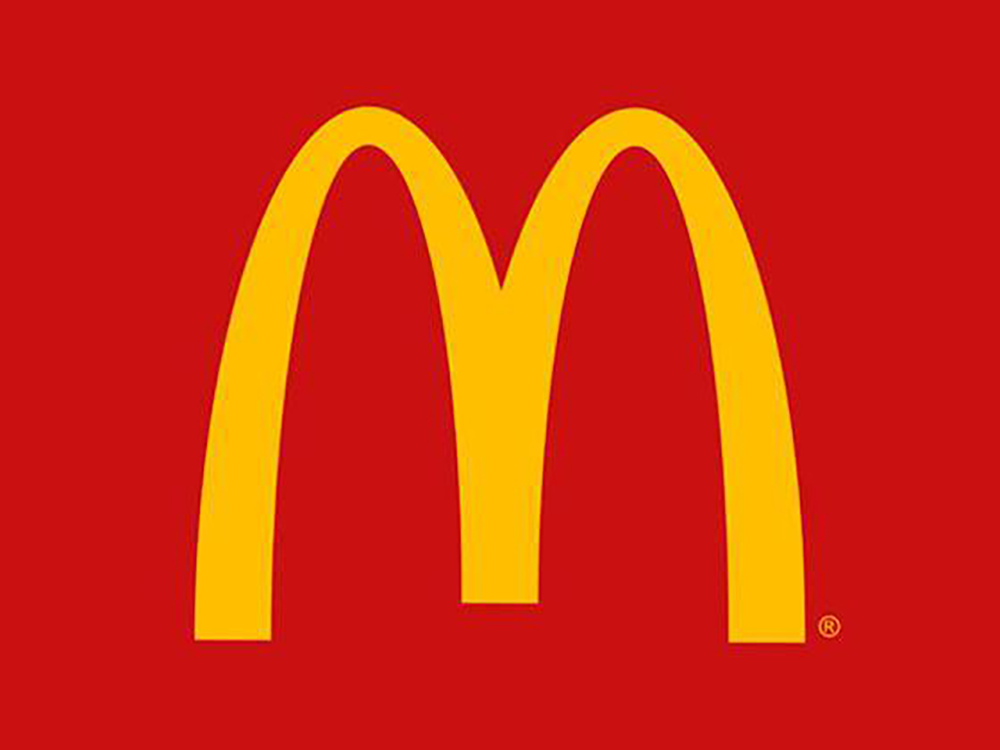

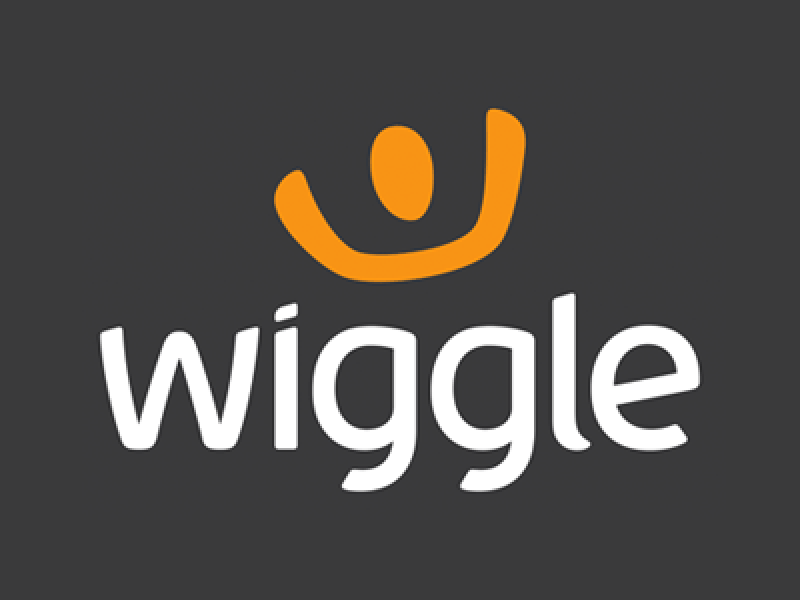
Social